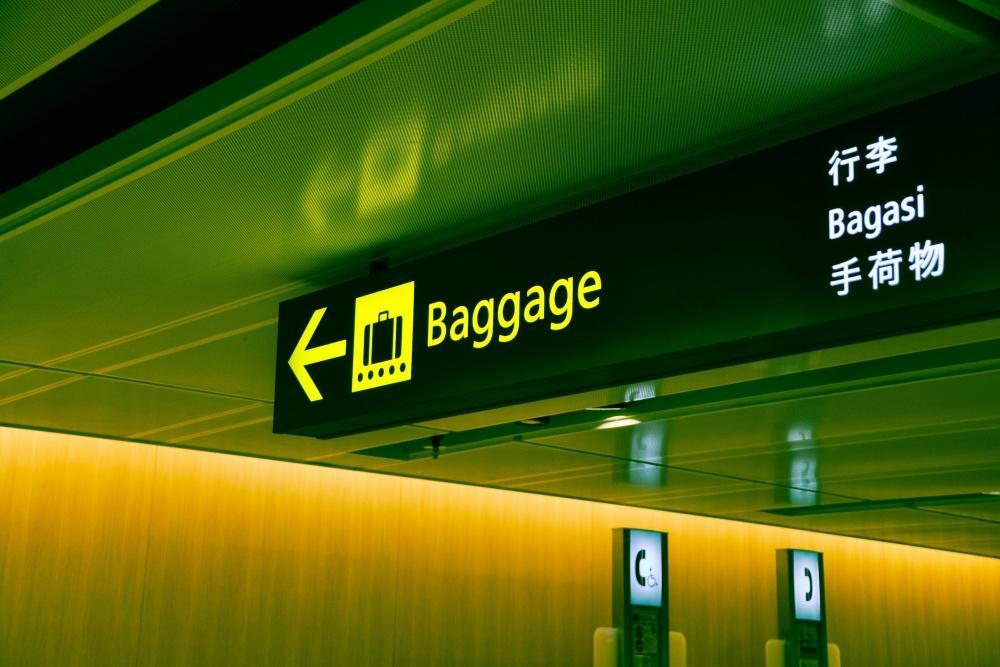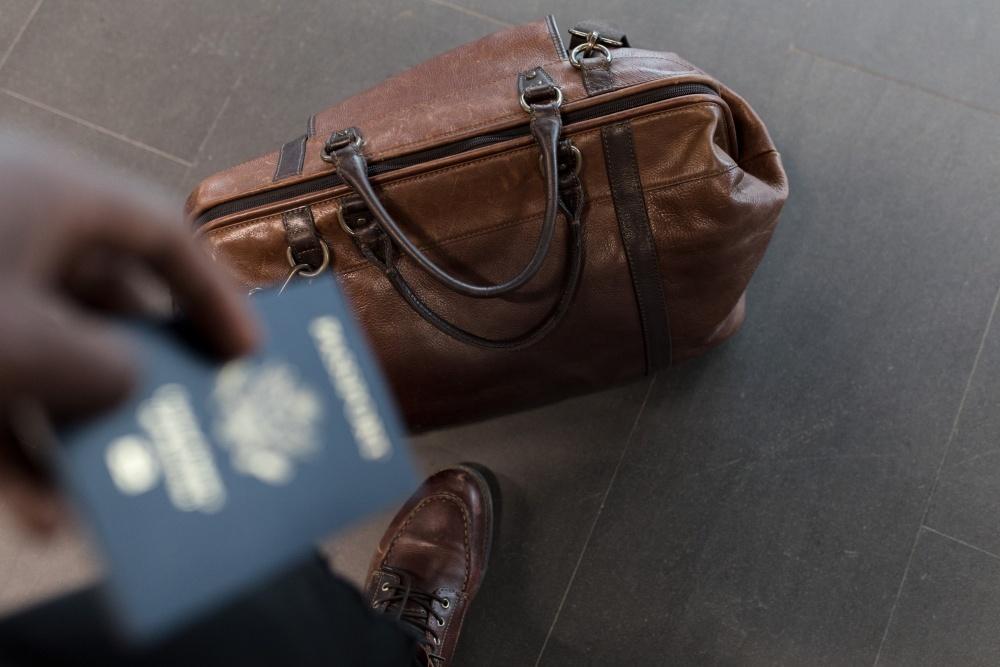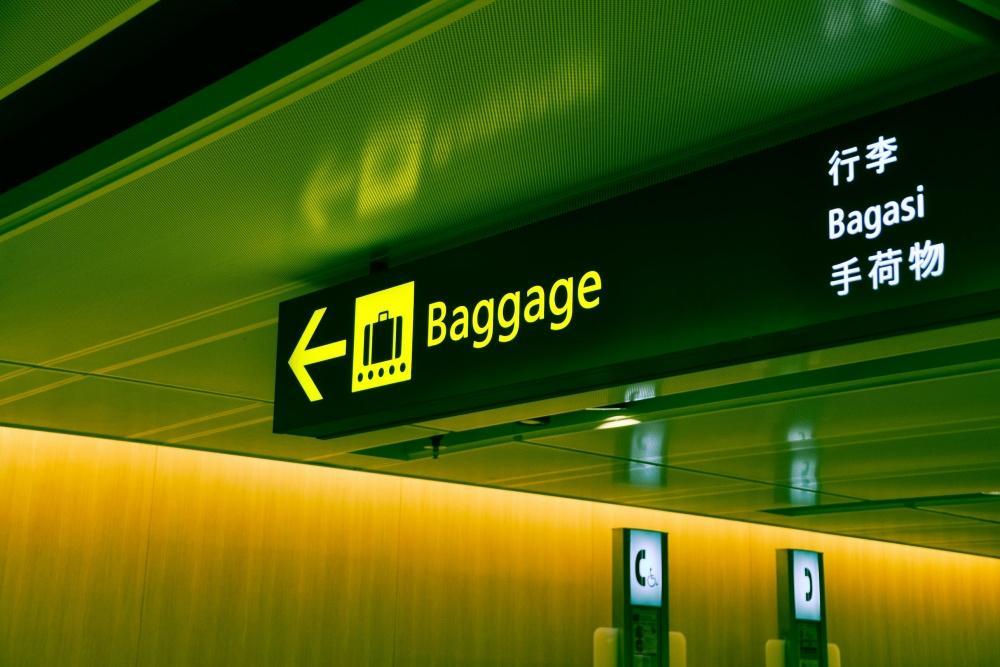Discovering your luggage has been stolen or damaged during your travels is a distressing experience for anyone. And unfortunately, this is more common than many realize.
It’s important to remember, though, that this can happen to the best of us, regardless of how careful we are. However, knowing what steps to take immediately can alleviate some of the stress of such situations.
Whether you’re reading this to be prepared for future travels or you’re currently figuring out what to do about your lost or damaged luggage, this guide will provide a comprehensive overview of the immediate actions you should take and how to seek compensation to recuperate your loss.

Report the Incident
The moment you realize your luggage is lost or damaged, it’s crucial to report it to the relevant authorities immediately.
Contact the airline’s baggage claim office if the incident occurred at the airport. Hotel management should be your first point of contact for hotel-related incidents, whereas thefts elsewhere necessitate a report to the local police.
Prompt reporting is not just about seeking immediate resolution; it’s a necessary step for any future insurance claims.
Airlines, hotels, and insurance companies will require an official report as part of the claims process. Acting swiftly ensures you’ve documented the issue from the start, laying a solid foundation for any compensation claims.
Document Everything
Documentation is your best friend when your bags are lost, stolen, or damaged. Take detailed photos of the damage or the place where your luggage was last seen. Gather all related reports, such as police reports or communications with the airline or hotel.
These documents are invaluable when filing an insurance claim or seeking compensation from the airline, as they provide clear evidence of the incident. Thorough documentation supports your case and can expedite the claims process.
Seek Interim Solutions
Once your missing bag is reported, you might need to wait for the airline or hotel to locate it. In the meantime, purchasing essentials is often necessary.
Airlines generally consider expenditures on items like clothing and toiletries as reasonable expenses for reimbursement.
However, they typically require original receipts for any purchases made due to delayed or lost luggage, so remember to keep your receipts if you’re purchasing any essentials!

Navigating Claims for Your Lost or Stolen Luggage
Claiming From the Airline
If your luggage was lost during a flight, it’s essential to understand the specific airline’s policy on lost or damaged bags. Each airline has its terms and conditions of carriage, which outline your rights and the process for filing a compensation claim.
These policies can vary significantly between airlines and destinations, so reviewing them beforehand can clarify your entitlements and the procedures to follow.
Claiming From Your Travel Insurance Provider
Review your travel insurance policy to understand coverage specifics for lost or damaged luggage.
Different policies offer varying levels of coverage, deductibles, and exclusions, which can significantly impact the compensation you receive – this is why making thorough travel insurance comparisons before making your purchase is so important!
Once you’ve determined your eligibility for compensation, begin the claim process by contacting your insurance provider and providing them with all the necessary documentation, such as a detailed account of the incident, police or airline reports, and any receipts for emergency purchases.
You should follow your provider’s guidelines closely to ensure a smooth and efficient claims process.
Taking Legal Action as the Last Resort
Should all else fail, pursuing legal action through small claims court is an option within two years of the flight. This route can be costly and time-consuming and is typically considered a last resort.
If you decide to proceed legally, consulting with a litigation lawyer is advisable to assess your case’s merits and navigate the legal process.
Making a Claim
When making a claim, whether with the airline or through your travel insurance, ensuring you have all the necessary documentation is crucial for a smooth process. This includes reports, receipts for emergency purchases, and any relevant communication.
Legal action, such as suing the airline, is a long-drawn and costly process, so it’s used sparingly and only after seeking professional legal advice.
Turning a Negative into a Positive
If you’re currently facing the challenge of lost or damaged luggage, remember that this experience, albeit frustrating, can serve as a valuable lesson.
It’s an opportunity to learn and adopt smarter, more secure travel practices for the future. With the proper precautions and appropriate travel insurance coverage, you can protect your belongings and travel with confidence!
_____
This story is published in partnership with SingSaver.
This post was written by a guest contributor. Please reference the author’s byline in the post above for more information. If you would like to guest post on Go Backpacking, please read our submission guidelines. For information on advertising opportunities, go here.
Planning a trip? Go Backpacking recommends:
